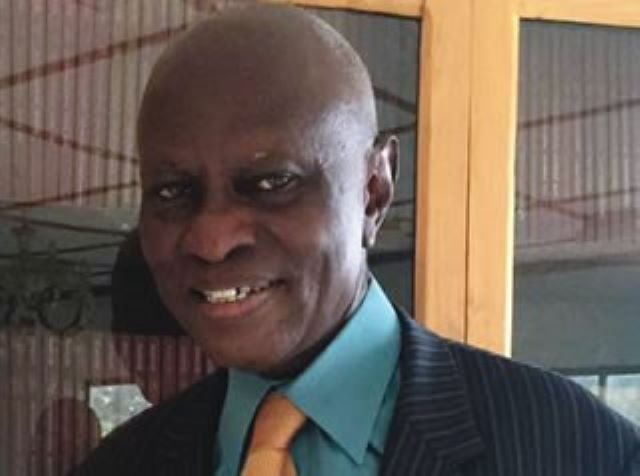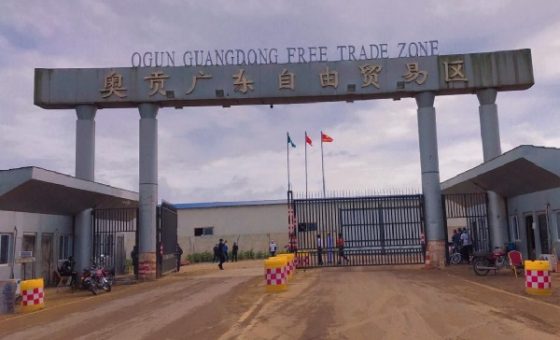The United Nations Children’s Fund (UNICEF) and the Federal Ministry of Information and National Orientation have stressed the need for media practitioners to prioritise the interests of children while reporting issues related to child rights.
According to the Chief of the UNICEF Lagos Field Office, Celine Lafoucriere, reports about children should be portrayed with dignity, with their rights not compromised in the process.
Lafoucriere stated this in her keynote address, tagged ‘Why Ethical Reporting of Children Matters in Nigeria’, during a two-day training of media practitioners on ethical journalism and child rights reporting organised by the Child Rights Information Bureau (CRIB) of the Federal Ministry of Information and National Orientation in collaboration with UNICEF.
While speaking at the training held in Ibadan, the Oyo State capital, the UNICEF chief emphasised that reporting children, especially those affected by violence, conflict, or abuse, must be done with the utmost sensitivity.
She said, “Why does ethical reporting for children matter for UNICEF? First, it protects the most vulnerable. Children are not miniature adults.
They are still developing emotionally, mentally, and socially.
“Ethical journalism builds trust. In a world where misinformation spreads rapidly, your commitment to truth, fairness, and balance is what sets you apart. When you report responsibly, you become a trusted source of information. You help communities understand, heal, and grow.
“The stories you tell influence how society sees its children and how children see themselves. By choosing to report ethically, you are helping to build a Nigeria where every child is valued, protected, and given the opportunity to thrive.”
The UNICEF Communication Specialist, Susan Akila, described the training as a refresher as well as a call to action to ensure every story told about a child in Nigeria is rooted in truth, respect, and an unwavering commitment to their rights.
On his part, Geoffrey Njoku, a communication consultant, traced the evolution of children’s rights from international declarations to Nigeria’s domestication of the UN Convention on the Rights of the Child (CRC) as the Child’s Rights Act (CRA) in 2003.
Njoku, who commended Lagos State for its progress in child rights, stated that in all dealings with children, the media must prioritise the “best interest of the child” and respect their views.
“Do not harm any child; avoid questions, attitudes, or comments that are judgmental, insensitive to cultural values, that place a child in danger or expose a child to humiliation, or that reactivate a child’s pain and grief from traumatic events,” he stated.
The Permanent Secretary of the Federal Ministry of Information and National Orientation, who was represented by Toye Falayi of CRIB, disclosed that the training was designed to help journalists reflect on their ethical obligations as well as explore best practices for reporting on children’s issues.
“When it comes to stories involving children, that responsibility becomes even greater. Every image, every word, and every frame we publish can have lasting consequences on a child’s life, safety, and future.”
For a researcher, Jide Johnson, who spoke on the realities, identified them as “early marriage, genital cutting, rape, child trafficking, child prostitution, child labour, casualties of war and violence, victims of racial discrimination, disability, victims of neglect, and refugees.”
Earlier, the UNICEF Communication Officer, Blessing Ejiofor, maintained that “as champions of human rights, we all have a responsibility to prioritise and promote the change that will improve the lives of children and their families through our channels and networks.”






